Testing has become an integral part of software development and quality assurance processes. It helps ensure that software applications are free of defects, perform well, and deliver an exceptional user experience. To achieve this, testers and developers rely on a wide range of automation testing tools. In this blog, we’ll explore the top 12 automation testing tools that can help you streamline your testing efforts and improve your software’s overall quality.

Top 12 Automation Testing Tools
Selenium is the undisputed leader in open-source automated testing tools for web applications. It offers support for multiple programming languages (Java, Python, C#, etc.) and a wide range of browsers, making it a versatile choice. Selenium’s active community and extensive ecosystem of libraries and plugins make it a top pick for web application testing.
Selenium offers a comprehensive set of features, cross-browser compatibility, and extensive community support, making it an excellent choice for automating web application testing. Its open-source nature and support for multiple programming languages further add to its appeal, making it a cost-effective and versatile tool for testers of all skill levels.
Katalon Studio is a powerful and versatile automation testing platform that offers a wide range of benefits. It is a comprehensive automation testing tool that supports web, mobile, and API testing. It offers features such as a scriptless automation approach, a test case editor, a reporting dashboard, and easy integration with other tools. Katalon Studio is an excellent choice for teams looking for a cost-effective way to improve the quality of their software.
TestComplete is a powerful automation testing platform developed by SmartBear Software. a commercial automation tool known for its versatility. TestComplete supports a wide range of application types, including desktop, web, and mobile applications. With TestComplete, you can choose between a scriptless, keyword-driven approach for beginners and scripting capabilities for more advanced users.
If you are looking for a powerful and versatile automation testing tool, TestComplete is a great option to consider. It is a mature product with a large and active community.
For mobile app testing on Android and iOS platforms, Appium is the go-to automation tool. It allows you to write tests using various programming languages and supports native, hybrid, and mobile web applications. Its cross-platform capabilities and compatibility with popular test frameworks make it a powerful choice for mobile app testing.
Ranorex is a commercial automation tool suitable for testing desktop, web, and mobile applications. It offers a user-friendly interface and supports various scripting languages. Ranorex’s record-and-playback feature simplifies test creation, making it accessible to testers of all skill levels.
Cucumber is a tool for behavior-driven development (BDD) that allows you to write test scenarios in a natural language format. It is used to automate testing of web, mobile, and API applications. Designed on the basis of Given-When-Then (Gherkin) syntax, which is a simple and easy-to-understand language that can be used by both technical and non-technical users.
SoapUI is a popular open-source functional testing tool for web services, supporting both SOAP and RESTful web services. It provides a graphical user interface (GUI) that makes it easy to create, execute, and debug test cases. SoapUI is also extensible, allowing you to add your own plugins and scripts to extend its functionality.
Watir (pronounced “water”) is an open-source web automation framework for Ruby. It allows you to automate the interaction with web applications using Ruby code. Watir is based on the Selenium WebDriver API, which means that it can be used to automate the interaction with a wide range of web browsers, including Chrome, Firefox, and Internet Explorer.
Robot Framework is a generic automation framework for acceptance testing and robotic process automation (RPA). It is a keyword-driven testing framework that uses tabular test data syntax. It is platform-independent, open-source, freely available for use and supports testing for web, desktop, mobile, and APIs. Its user-friendly syntax and extensive library of pre-built keywords simplify test automation, even for those with minimal programming experience.
Its flexibility, parallel testing capabilities, and support for both manual and automated testing make it a valuable modern software testing tool for modern workflows.
LambdaTest is a cloud-based cross-browser testing platform that enables dedicated software developers and testers to perform automated and manual tests on a wide range of web browsers, mobile devices, and operating systems. It offers real device testing, parallel testing, and seamless integration with popular automation frameworks, facilitating comprehensive web application testing.
Cypress is a next-generation JavaScript end-to-end (E2E) testing framework for web applications. It is built on top of a modern JavaScript runtime, which makes it fast, reliable, and easy to use. Cypress also has a rich set of features, including a built-in test runner, a time travel debugger, and a screenshot generator.
-
HPE Unified Functional Testing (UFT)
HPE Unified Functional Testing (UFT), now known as Micro Focus UFT, is a commercial automation testing tool that deserves mention in the list of top automation testing tools. Micro It is a comprehensive automation testing tool primarily designed for functional and regression testing. However, it offers a wide range of features to automate testing for web, desktop, mobile, API, and packaged applications. UFT supports multiple programming languages and scripting, allowing testers to create and execute automated tests efficiently.
How to choose the Right Automation Testing Tool?
The right automation testing tool for you will depend on your specific needs and requirements. Consider the following factors when choosing a tool:
- Supported testing types: What types of testing do you need to automate?
- Programming languages: What programming language(s) do your testers use?
- Ease of use: How easy is the tool to learn and use?
- Features: What features are important to you?
- Cost: Is the tool free or paid?
- Community support: Is there a large community of users and support for the tool?
Final words:
Selecting the right automation testing tool is crucial for the success of your testing efforts. Each of the top 12 tools listed above has its strengths and areas of expertise. The choice depends on your specific project requirements, your team’s expertise, and your budget.
It’s essential to stay up to date with the latest developments in the automation testing landscape, as the popularity and capabilities of these tools may evolve over time. Whichever tool you choose, remember that automation testing is a powerful way to ensure the quality and reliability of your software while saving time and effort in the long run.
The post Top 12 Automation Testing Tools appeared first on .
Tags:
- Software Development Company
- mobile app testing
- software testing tools
- test case management tools
- test management tools
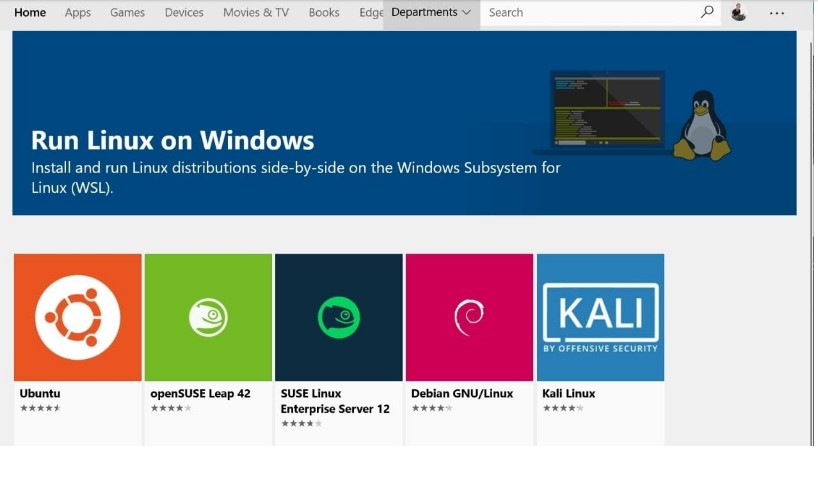
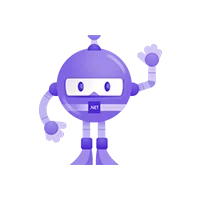 .NET MAUI Development
.NET MAUI Development
 Xamarin Application Development
Xamarin Application Development
 React Native App Development
React Native App Development
 iOS Application Development
iOS Application Development
 Android Application Development
Android Application Development
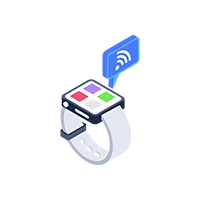 Android Wear App Development
Android Wear App Development
 Ionic Development
Ionic Development
 iBeacon Application Development
iBeacon Application Development
 Universal Windows Platform (UWP)
Universal Windows Platform (UWP)
 Kotlin Application Development
Kotlin Application Development
 Swift Application Development
Swift Application Development
 Flutter Application Development
Flutter Application Development
 PWA Application Development
PWA Application Development
 .NET Application Development
.NET Application Development
 .NET Nuke Development
.NET Nuke Development
 Microsoft Dynamics CRM
Microsoft Dynamics CRM
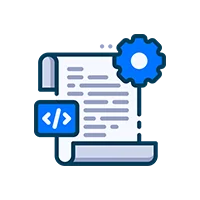 Microsoft Small Business Solution
Microsoft Small Business Solution
 VB .NET Development
VB .NET Development
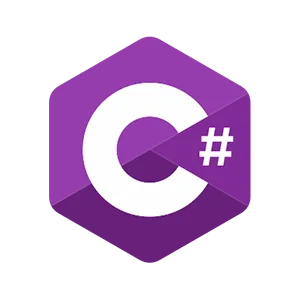 C# Development
C# Development
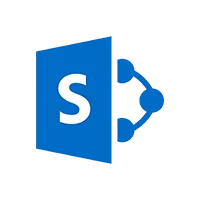 Sharepoint Migration
Sharepoint Migration
 Sharepoint Development
Sharepoint Development
 ASP.NET Core Development
ASP.NET Core Development
 ASP.NET Development
ASP.NET Development
 ASP.NET MVC Development
ASP.NET MVC Development
 Kentico CMS
Kentico CMS
 Umbraco CMS
Umbraco CMS
 AJAX Development
AJAX Development
 Agile Development
Agile Development
 Microsoft Bot
Microsoft Bot
 Microsoft Blazor
Microsoft Blazor
 Microsoft Azure Cognitive
Microsoft Azure Cognitive

 Mean Stack Development
Mean Stack Development
 Vue JS Development
Vue JS Development
 Javascript Development
Javascript Development
 Angular JS Development
Angular JS Development
 Next JS development
Next JS development
 Java Development
Java Development
 Python Development
Python Development
 Django Development
Django Development
 Cherrypy Development
Cherrypy Development
 NodeJS Development
NodeJS Development
 Laravel Development
Laravel Development
 CodeIgniter Development
CodeIgniter Development
 Zend Development
Zend Development
 Ruby on Rails Development
Ruby on Rails Development
 CakePHP Development
CakePHP Development
 PHP Website Development
PHP Website Development
 Symfony Development
Symfony Development
 Drupal Development
Drupal Development
 Joomla Development
Joomla Development
 Wordpress Development
Wordpress Development
 Offshore Software Development
Offshore Software Development
 Custom Application Development
Custom Application Development
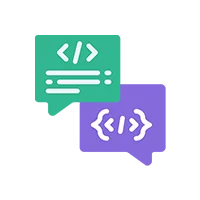 Full Stack Development
Full Stack Development
 AI & Machine Learning
AI & Machine Learning
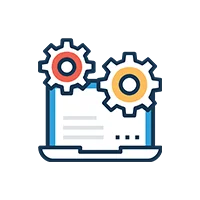 Custom CRM Solutions
Custom CRM Solutions
 Flask Software Development
Flask Software Development
 Electron JS Development
Electron JS Development
 ChatGPT Development
ChatGPT Development
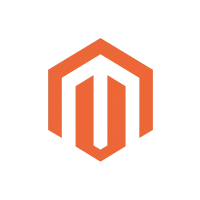 Magento Development
Magento Development
 Magento 2.0 Development
Magento 2.0 Development
 Magento Enterprise
Magento Enterprise
 Shopping Cart Development
Shopping Cart Development
 Prestashop Development
Prestashop Development
 Shopify Development
Shopify Development
 Open Cart Development
Open Cart Development
 WooCommerce Development
WooCommerce Development
 BigCommerce Development
BigCommerce Development
 NopCommerce Development
NopCommerce Development
 Virto Commerce Development
Virto Commerce Development
 AspDotNetStorefront Development
AspDotNetStorefront Development
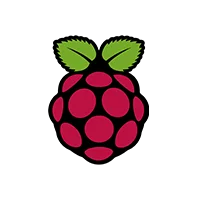 RaspBerry Pi
RaspBerry Pi
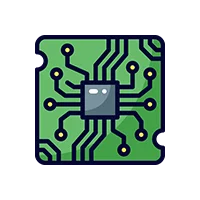 Firmware Software Development
Firmware Software Development
 ESP 32 Software Development
ESP 32 Software Development
 Embedded Development
Embedded Development
 Internet of Things
Internet of Things
 Nordic Development
Nordic Development
 HTML 5
HTML 5
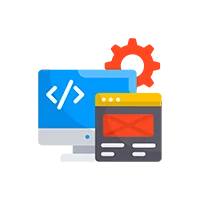 UI/UX Design
UI/UX Design
 Graphic Design
Graphic Design
 Adobe Photoshop
Adobe Photoshop
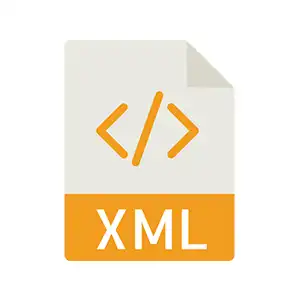 XML Application Development
XML Application Development
 Cloud Computing Solutions
Cloud Computing Solutions
 Azure Cloud App Development
Azure Cloud App Development
 AWS Development
AWS Development
 Google Cloud Development
Google Cloud Development
 SQL Programming Development
SQL Programming Development
 MySQL Development
MySQL Development
 MongoDB Development
MongoDB Development
 Big Data
Big Data
 Robotic Process Automation
Robotic Process Automation
 Social Media Marketing
Social Media Marketing
 Search Engine Optimization
Search Engine Optimization
 QA Testing
QA Testing
 Software Testing
Software Testing
 Software Security
Software Security
 Maintenance And Support
Maintenance And Support
 I.T. Consulting Services
I.T. Consulting Services
 Business Intelligence
Business Intelligence
 YII Development
YII Development
 Data Analysis
Data Analysis
 Alexa Skills Development
Alexa Skills Development
 On Demand App for Mobile repairing services
On Demand App for Mobile repairing services
 On Demand App for Car Service Booking
On Demand App for Car Service Booking
 On Demand App for Cleaning Services
On Demand App for Cleaning Services
 On Demand App for Pharmacy
On Demand App for Pharmacy
 On Demand Dedicated Developers
On Demand Dedicated Developers






Leave a Reply